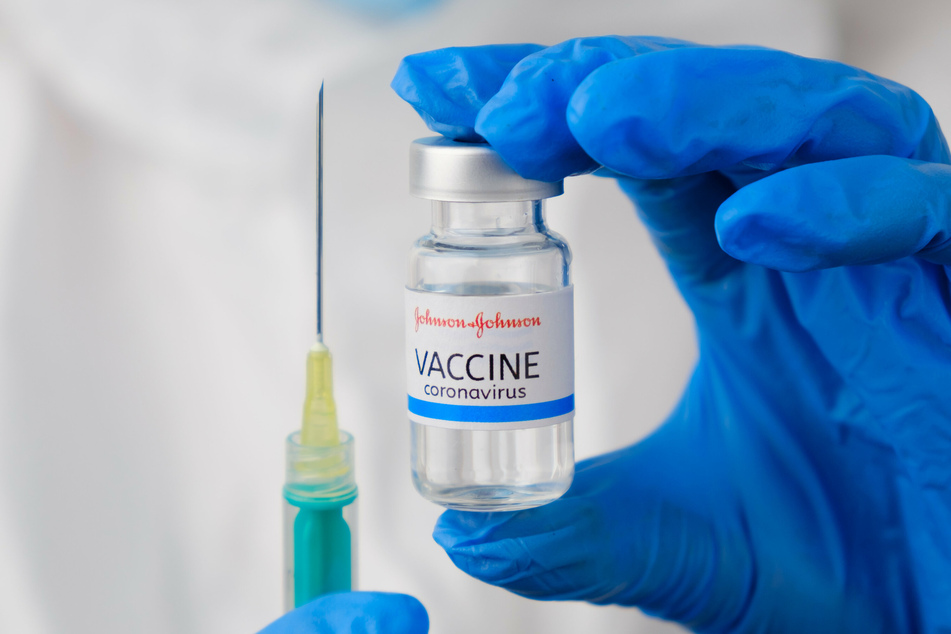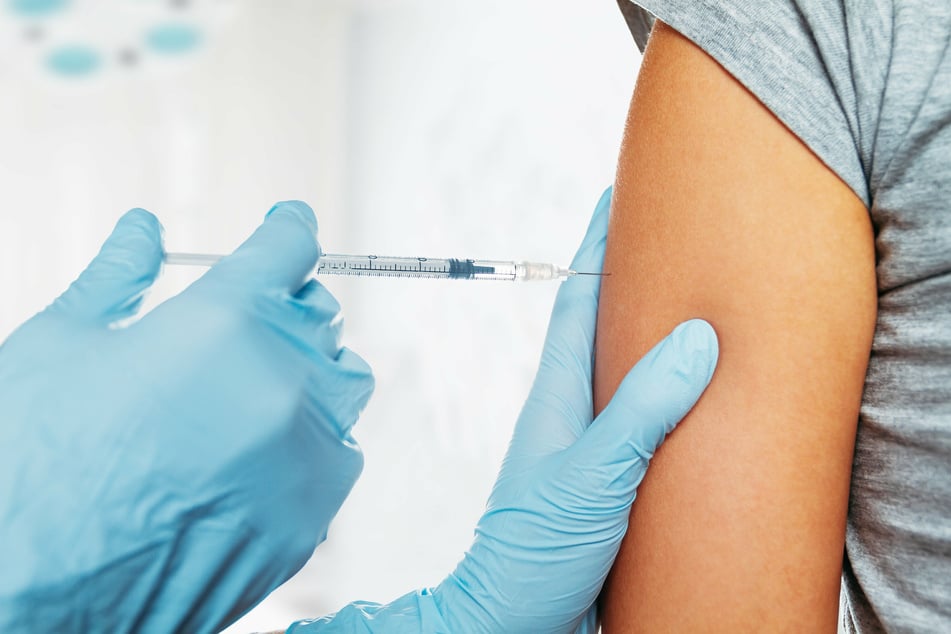FDA adds warning label for new rare side effect from Johnson & Johnson vaccine
By Vivian Chang & Anisha Hoppe
Washington, DC - The Food and Drug Administration has included Guillain-Barré Syndrome (GBS) in its warnings for Johnson & Johnson's Covid-19 vaccine – but experts reiterate it should not give people pause when deciding to get the shot.

According to notices posted on by the FDA on Monday, the possible side effect is now officially listed on documentation that comes with the vaccine.
In GBS, a rare excessive autoimmune reaction damages nerves so that they can no longer transmit stimuli. Its first symptoms include some weakness and tingling.
The disorder can happen after both bacterial and viral infections, and appears most commonly as a result of respiratory infections like Zika virus.
There are also some reports of Covid-19 patients suffering from GBS after a long period of the virus. However, the overall likelihood of getting the rare inflammatory nerve disease is very low with or without the vaccine, according to The New York Times.
The CDC clarified that the reported cases occurred two weeks post-vaccination. Additionally, they were primarily in men middle-aged and older.
There have only been about 100 preliminary reports of Guillain-Barré Syndrome in people who have received the Johnson & Johnson jab, out of the more than 12.8 million doses that have been injected nationwide.
That's a risk of just 0.00078125%.
The risk should not influence the decision to vaccinate

In the available data, there was no evidence of a similar increased risk of GBS with the Pfizer/Biontech and Moderna vaccines, because they work using a different type of vaccination.
All three vaccines are currently cleared for use with an FDA emergency approval.
Dr. Steven Black, an emeritus professor of pediatrics at Cincinnati Children’s Hospital Medical Center and the co-director of the Global Vaccine Data Network, expressed concern about how people would react to the news of the GBS risk.
"What worries me most is that it reinforces the lack of confidence that people had. They’ll say, 'Aha, see, I was right.' But they’re not right," he warned.
He reiterated that the risk is overwhelmingly small: "For people trying to make a rational decision, this should not influence their decision to get vaccinated.”
Cover photo: 123RF/ rimidolove

